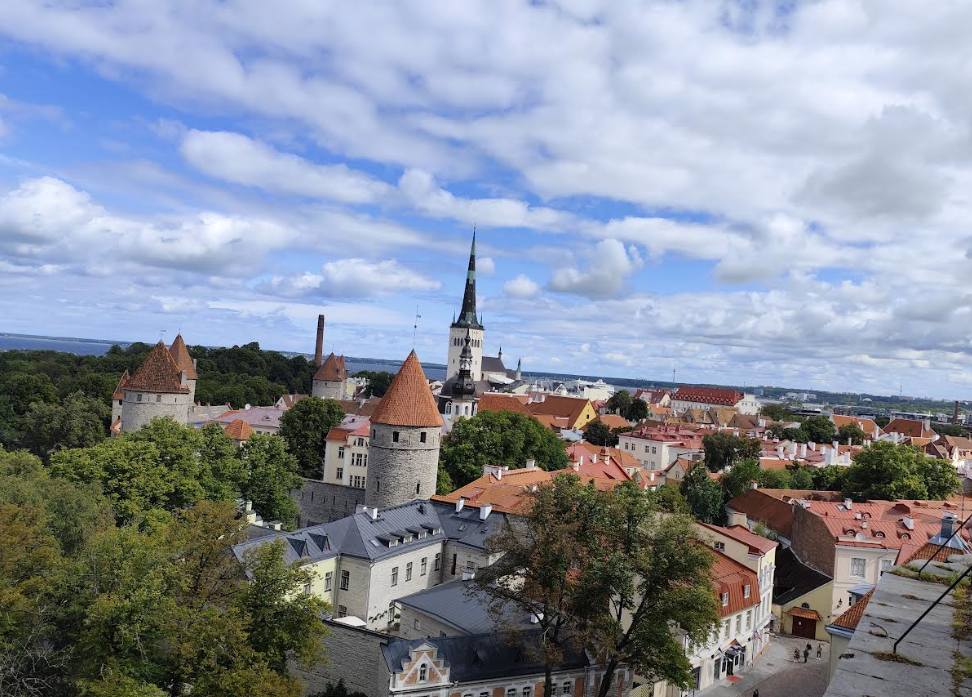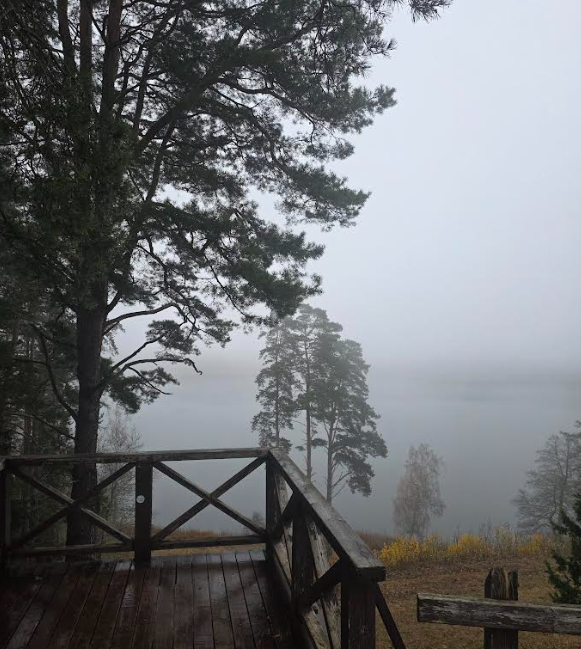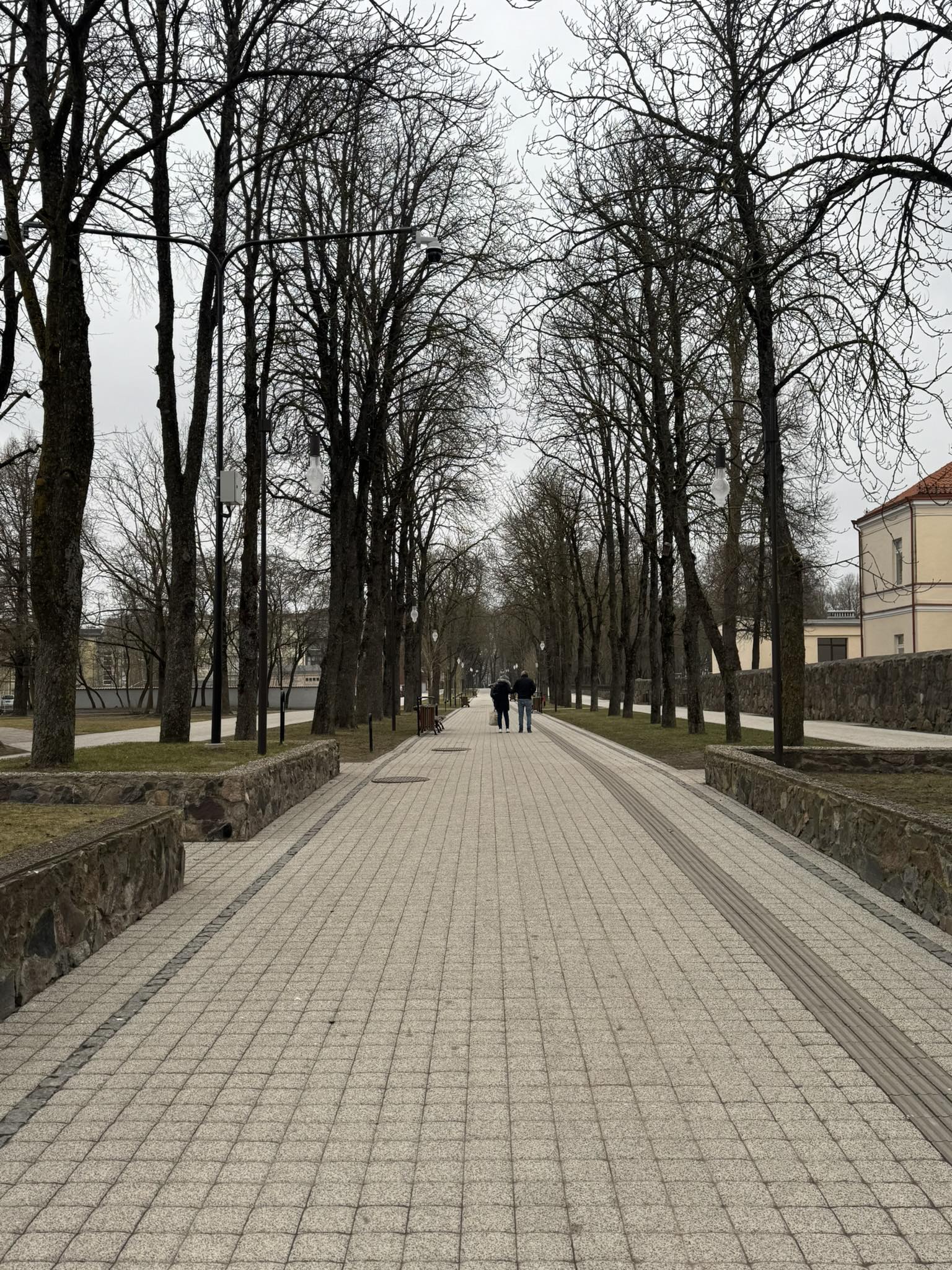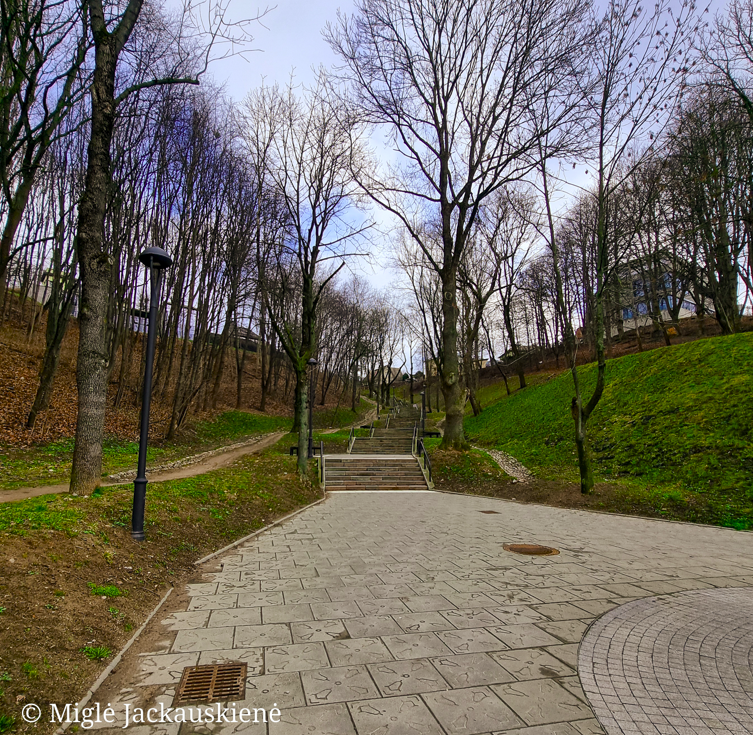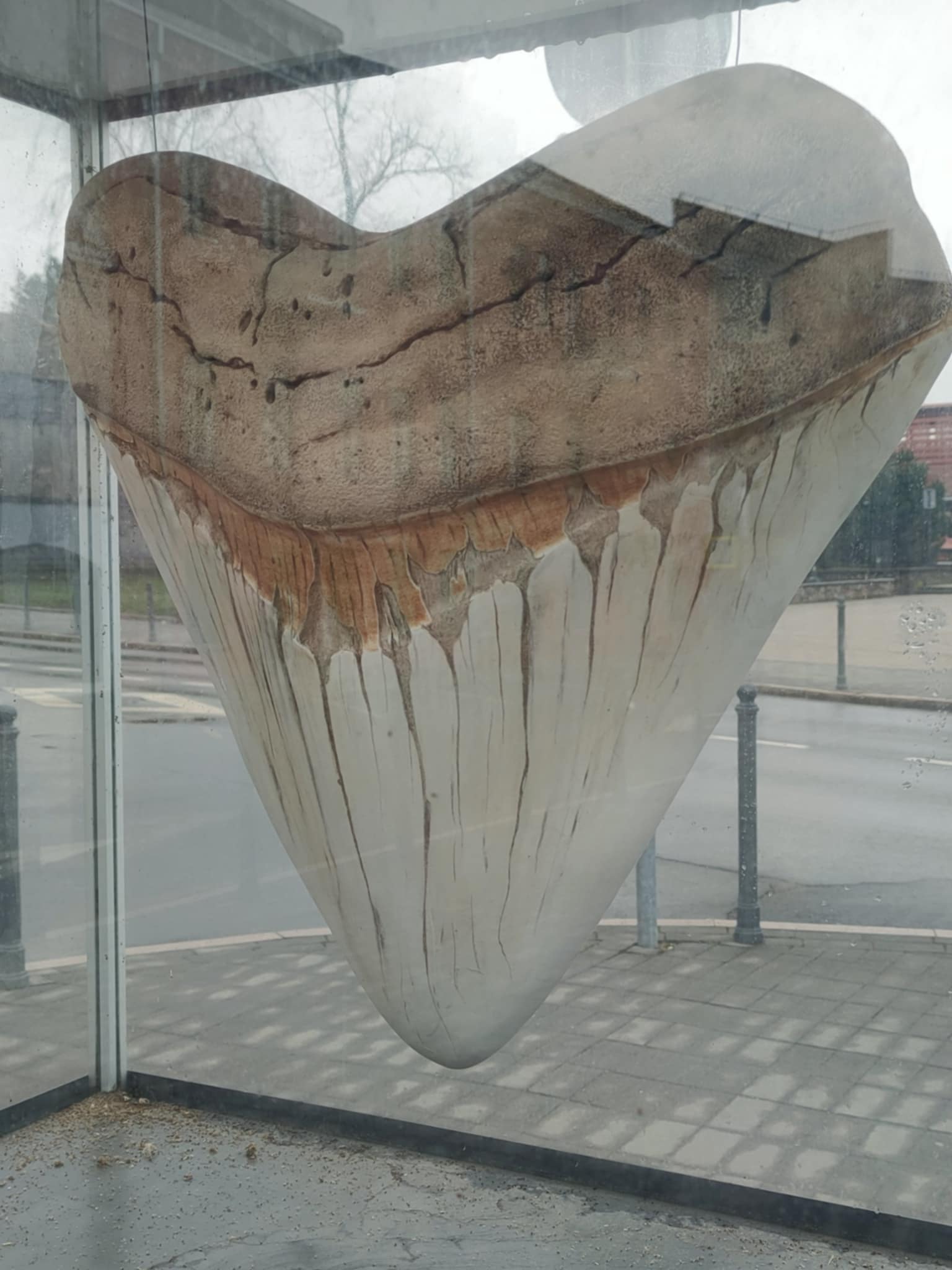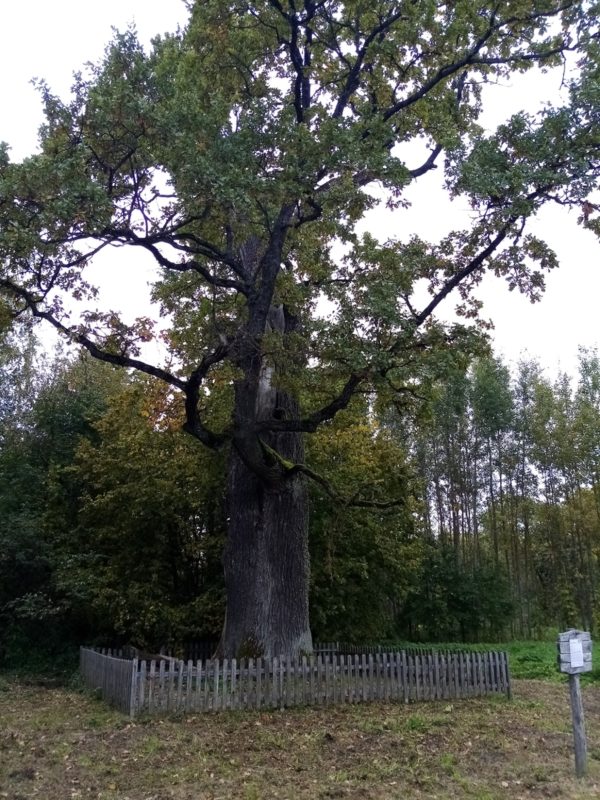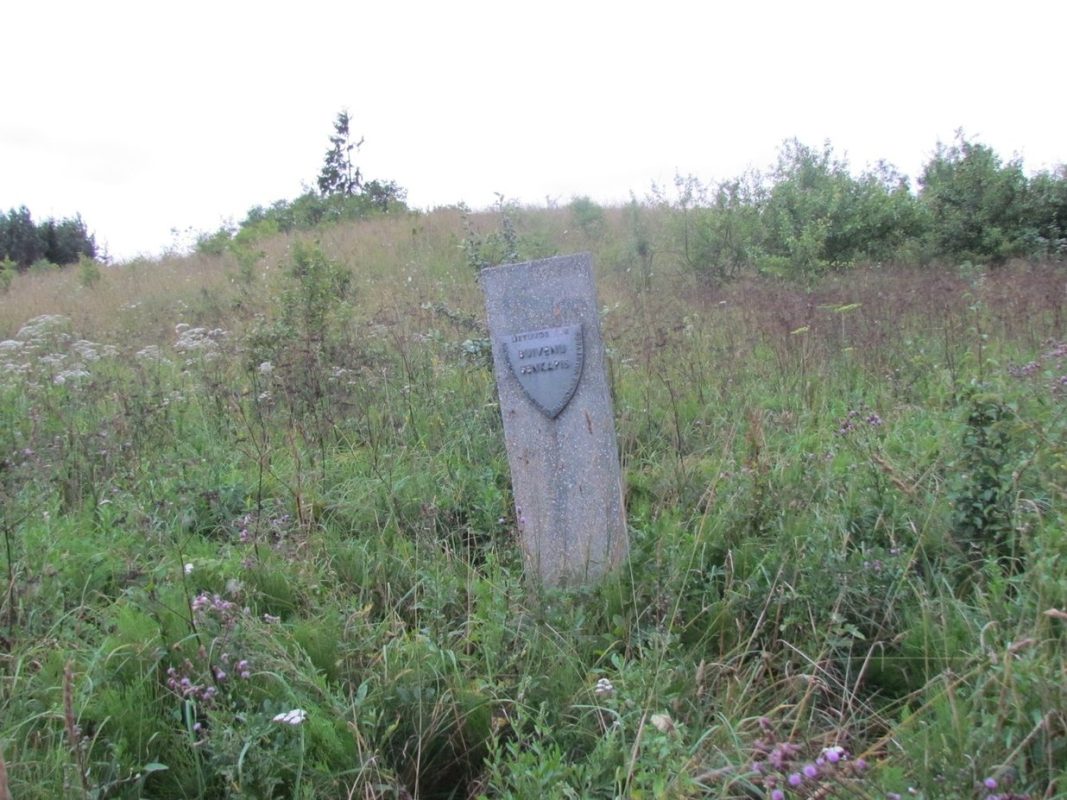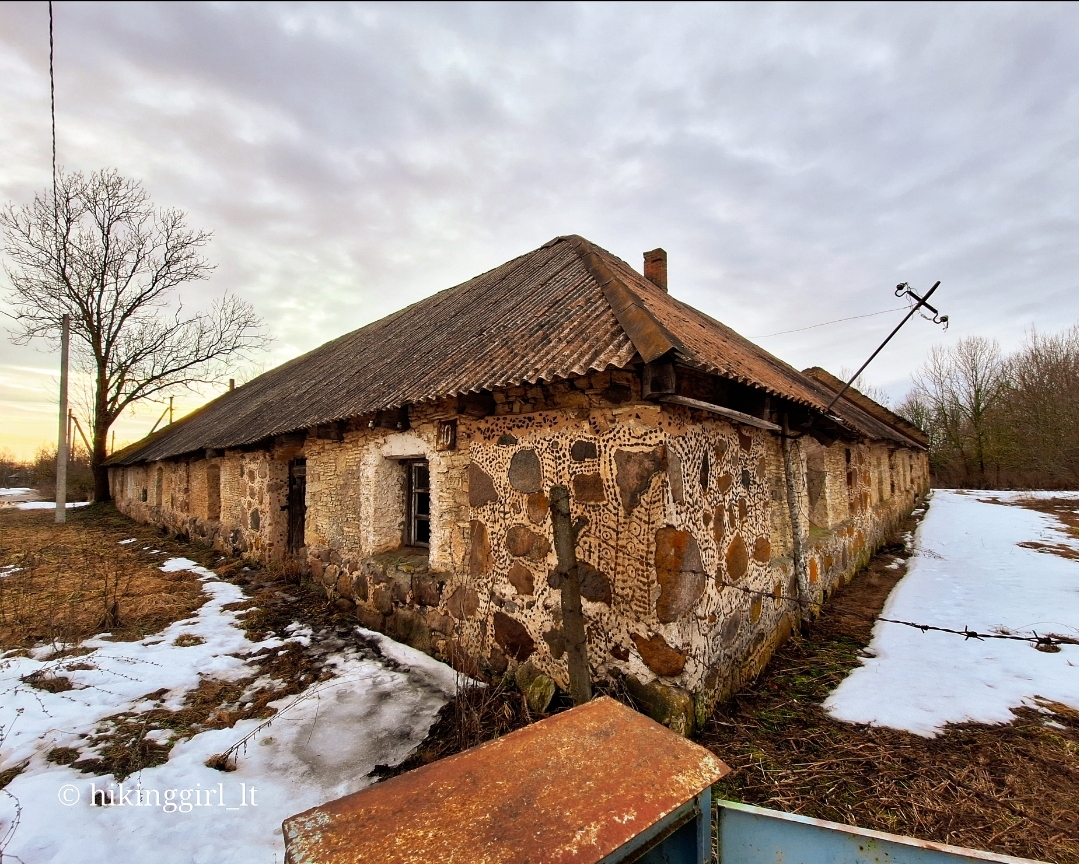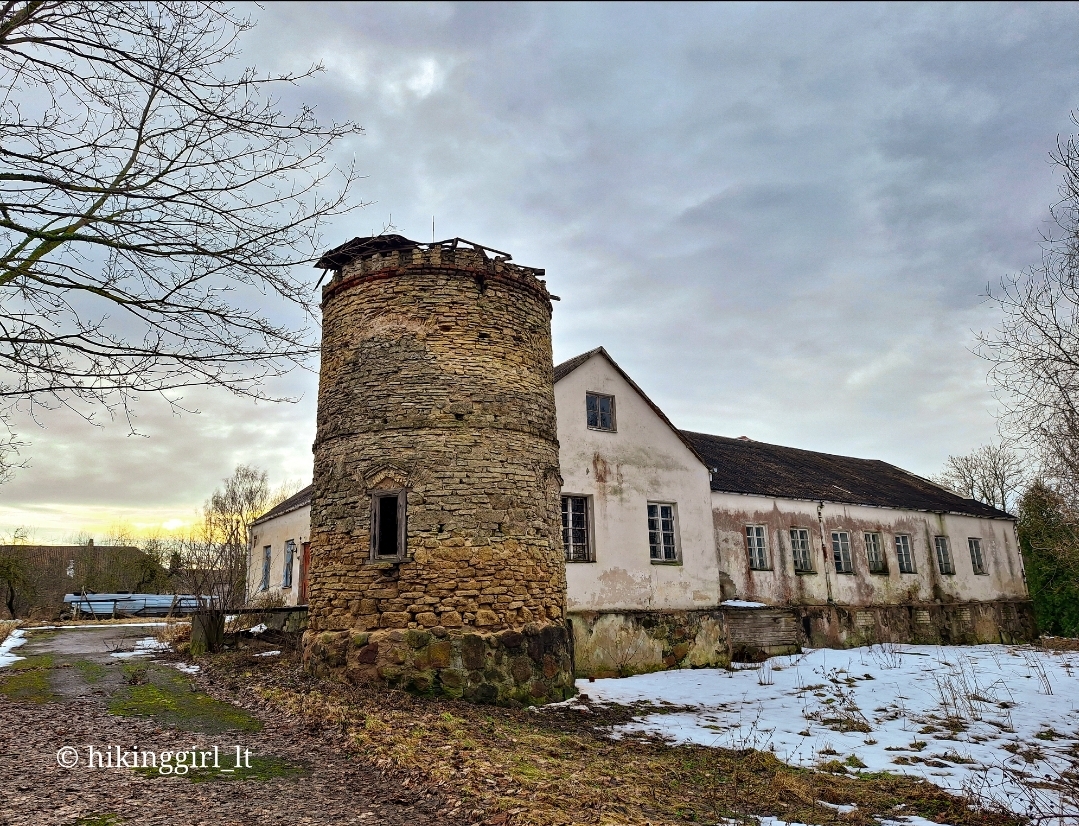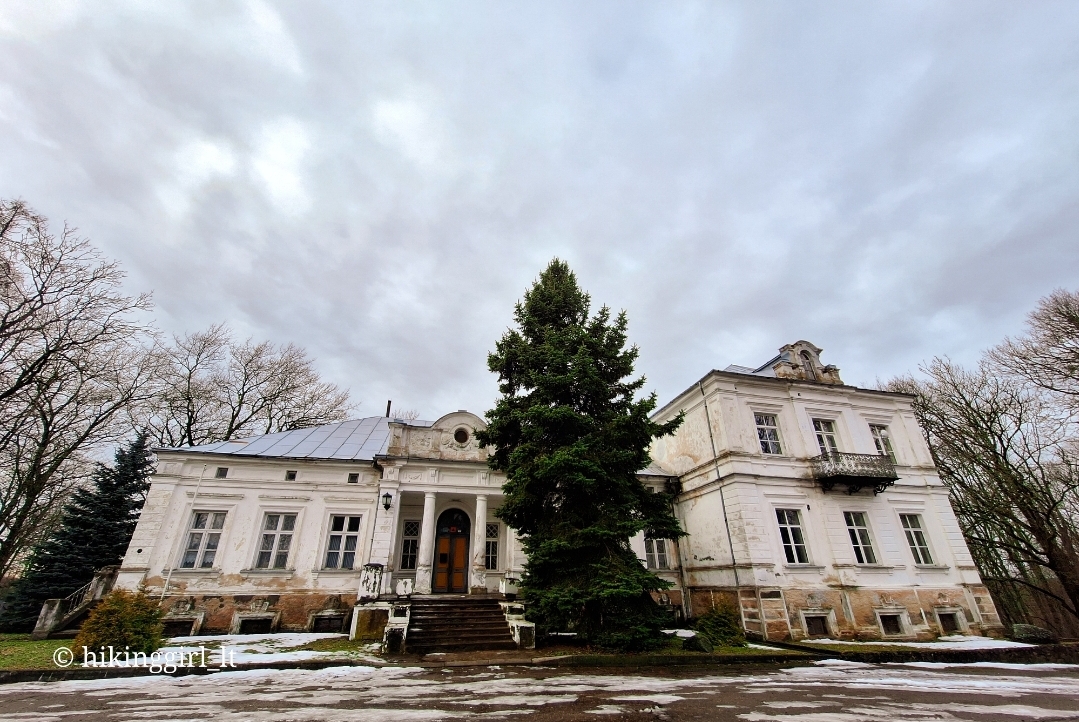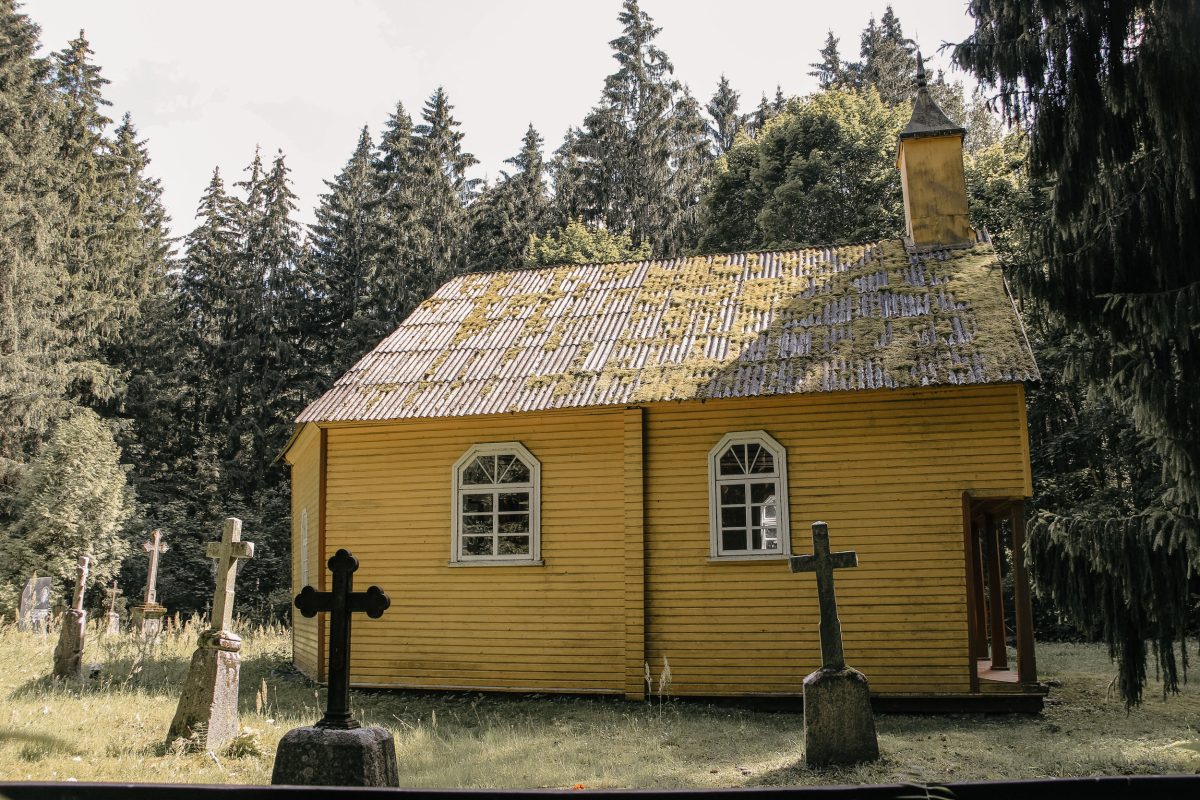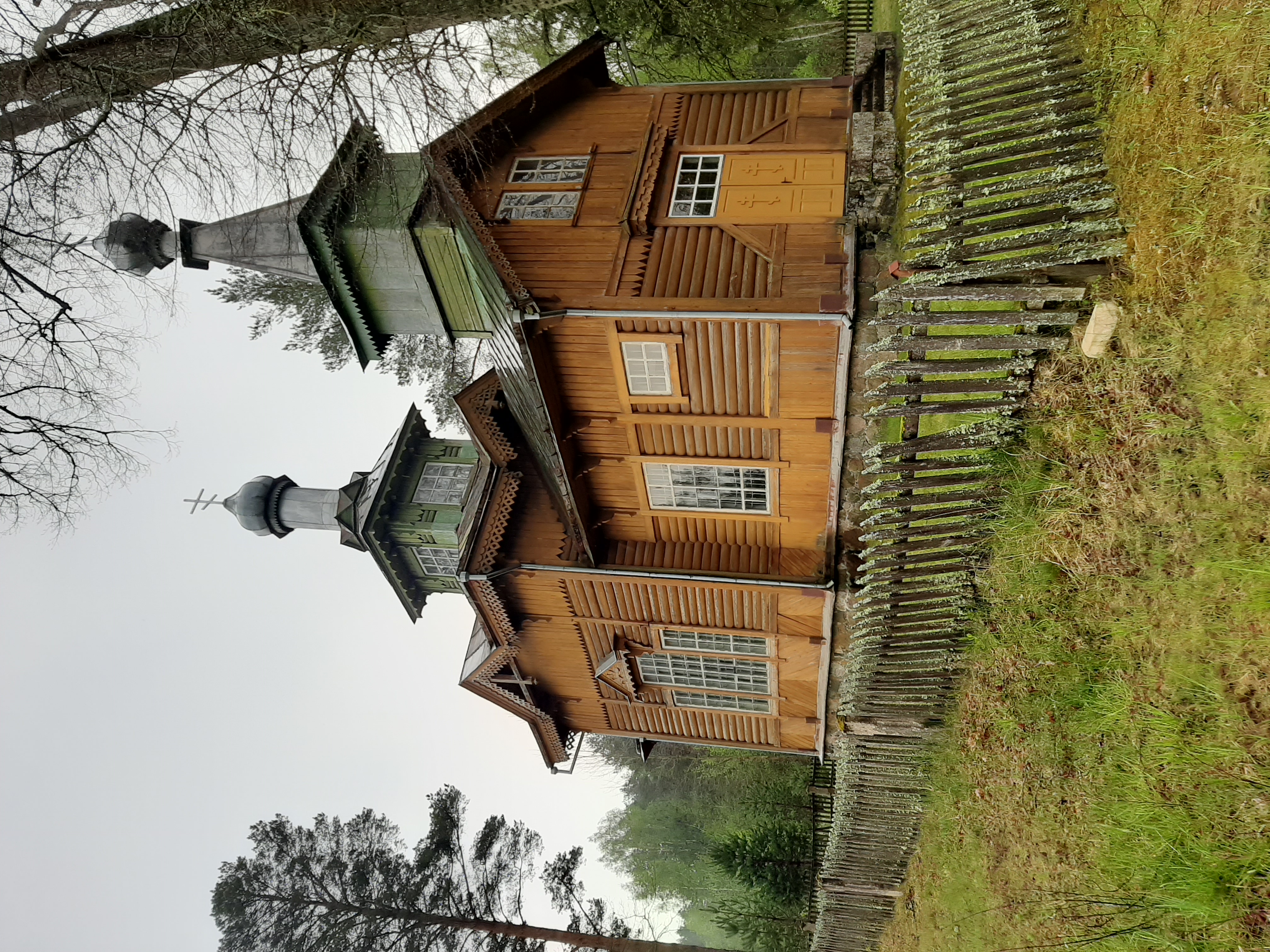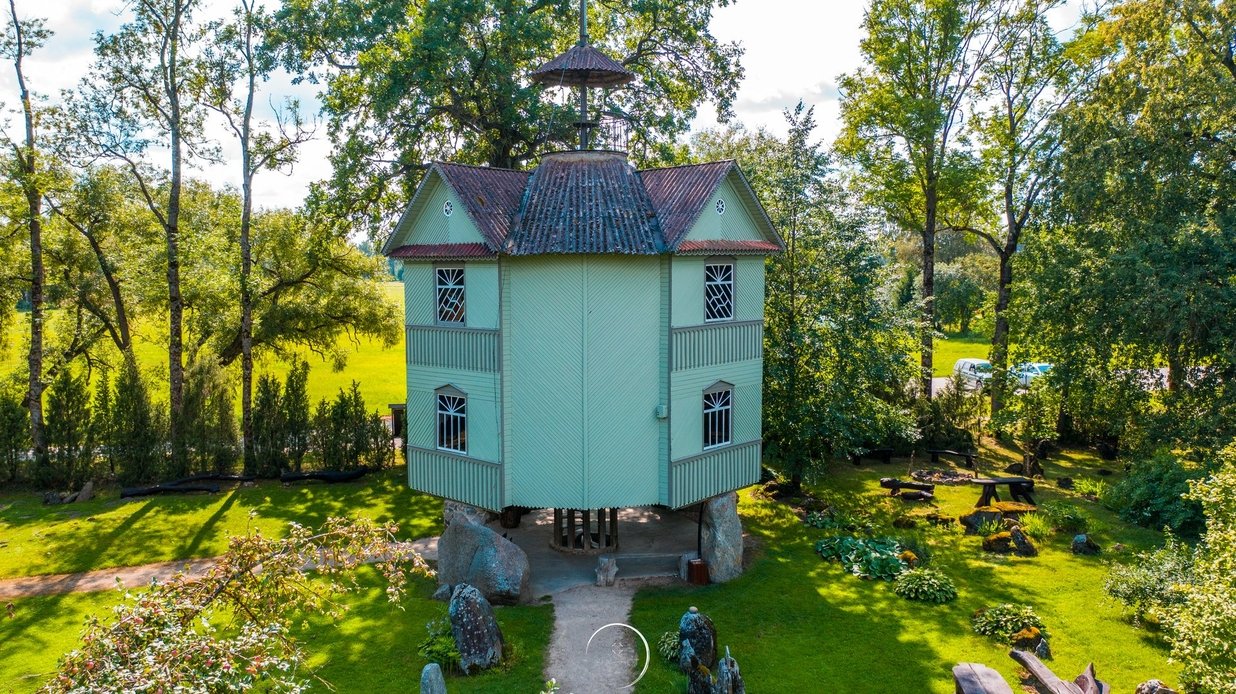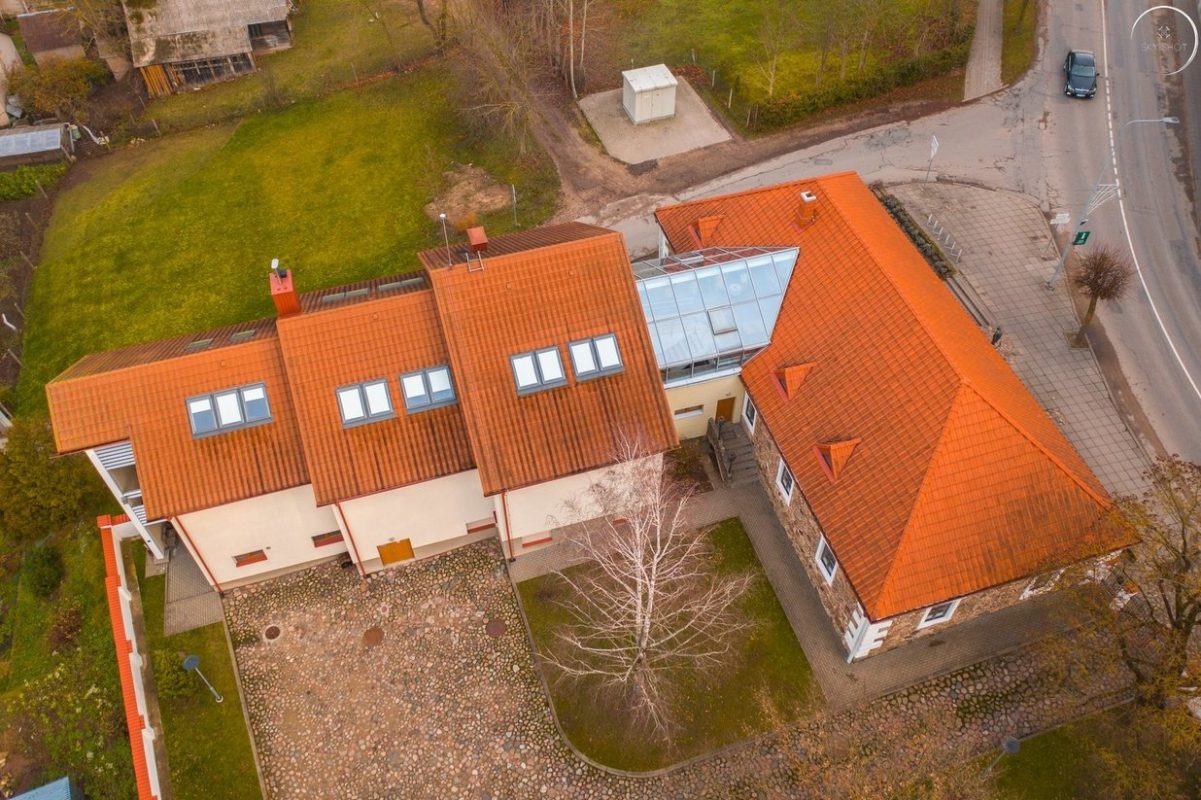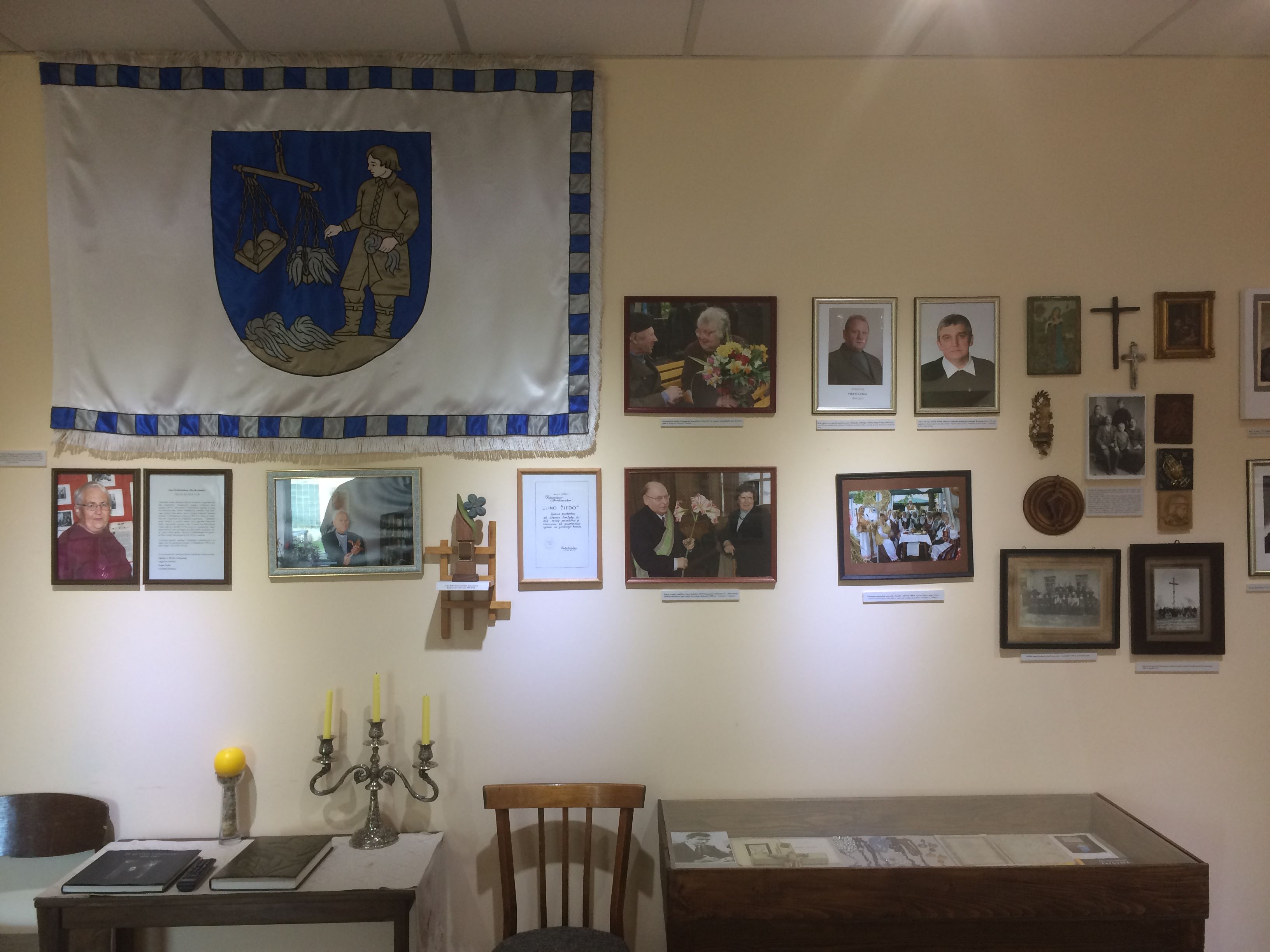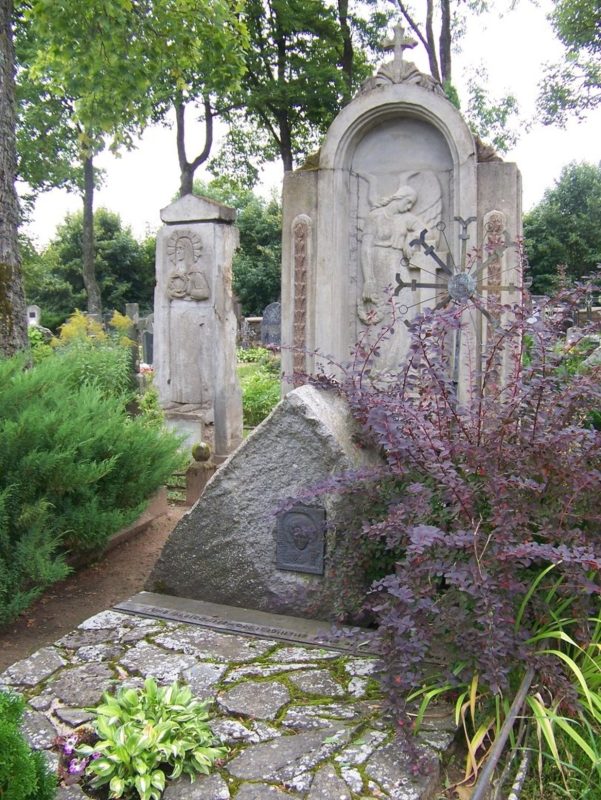Unė Babickaitė-Graičiūnienė’s Grave: A Historical Monument in Kupiškis

549

1

0
5 out of 5
(1 reviews)
Unė Babickaitė-Graičiūnienė, an exceptional Lithuanian actress and director, was born on April 19, 1897, in Laukminiškiai, into a farming family. She became widely known for her outstanding acting skills and contributions to Lithuanian culture. Although her real name was Uršulė, she gained recognition under the name Unė Babickaitė.
Info
-

Historical Heritage
-
Unė Babickaitė-Graičiūnienė, an exceptional Lithuanian actress and director, was born on April 19, 1897, in Laukminiškiai, into a farming family. She became widely known for her outstanding acting skills and contributions to Lithuanian culture. Although her real name was Uršulė, she gained recognition under the name Unė Babickaitė.
Early Life and Career Beginnings
After graduating from Panevėžys Marija’s Gymnasium, at just 16 years old, Unė decided to go to Saint Petersburg to seek work as a teacher, hoping to escape poverty. Thanks to the support of Balys Sruoga, she was able to study at the Petrograd Imperial Conservatory from 1916 to 1918. There, she began her theater career, participating in Lithuanian plays and performances.
Career in Lithuania and America
Returning to Lithuania in 1918, Unė attempted to establish herself as a theater director but faced resistance and jealousy. Consequently, in 1919, she moved to the United States, where she successfully
performed in theaters in New York and Washington D.C., and starred in several silent films. In one of these, "Fox Hunting," she was given a leading role but had to withdraw because the film’s financiers were dissatisfied that the lover of the U.S. president was portrayed by an immigrant, rather than an American.
Personal Life and Tragic Death
In 1924, Unė married her cousin Vytautas Andrius Graičiūnas. Tragically, she died on August 1, 1961, from tetanus after injuring herself with a needle. Unė Babickaitė is buried in Palėvenė Cemetery in the Kupiškis district, and in 1993, her grave was listed as a cultural heritage site, recognized as a significant cultural monument.
Unė Babickaitė Festival in Kupiškis
Kupiškis annually hosts the Unė Babickaitė Professional Theaters Festival "Art do," which honors her memory and contributes to the cultural life of the town. This festival is an important cultural event that attracts various theaters and culture enthusiasts.
Found a mistake?
Report
Whats new?
Nearby attractions
Nearest museums

 Entertainment
Entertainment
 Food establishments
Food establishments





























 55.801969, 24.879469
55.801969, 24.879469
 Get directions
Get directions
